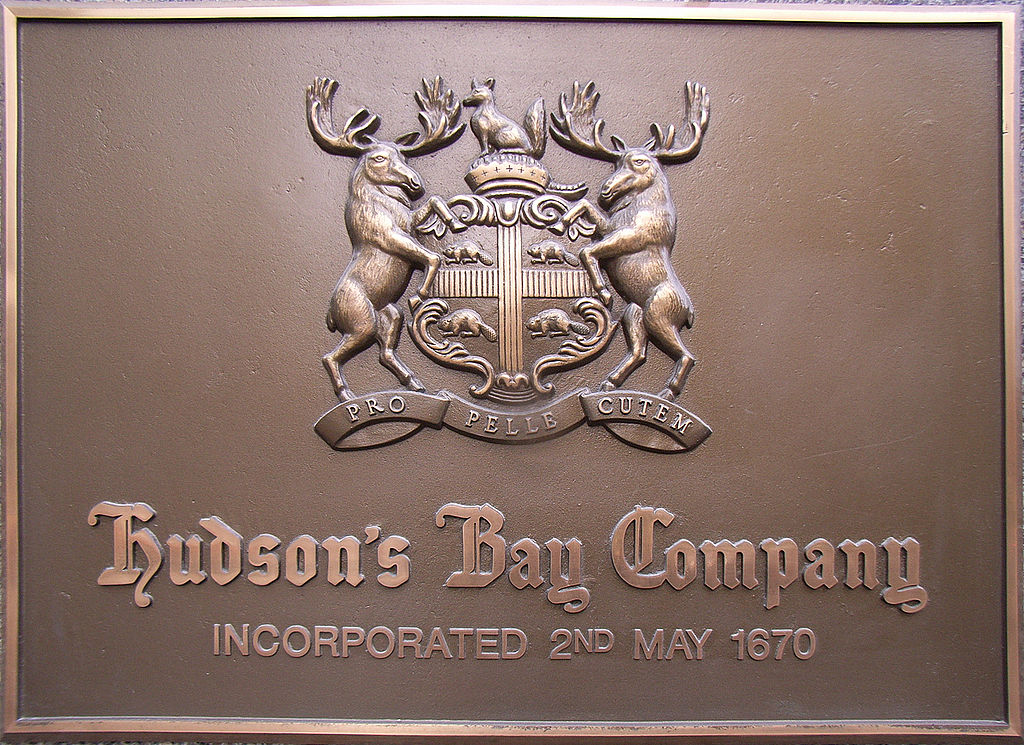
Less than a year ago, Sears Canada closed its doors. Exactly one year ago today, I wrote a piece on the some of the lessons for both the retail sector and its investors needed to learn from the downfall of Sears Canada, so they too could thrive in what has become a very different retail environment.
Coincidentally, we learned this week that Sears Holdings (NASDAQ:SHLD) has filed for Chapter 11, meaning the company is going to attempt to restructure itself down and emerge as a leaner, smaller retailer. Whether that tall order is possible remains to be seen, but most retail sector pundits are doubtful.
What does this latest filing mean for the remaining landscape of Canadian retailers such as Hudson’s Bay (TSX:HBC)?
Let’s try to answer that by looking at where Sears went wrong.
Dead man walking: Sears
Historically, there’s little Sears could do to stop its own downfall, as it was an event set in motion over a decade ago. The company’s shrinking market share, lack of profitability, poor customer service, and the near defiance over the changing face of retail all played a role. Traditional retailers such as Sears used large showrooms as anchor tenants in shopping malls as measures of success and as a means to draw in foot traffic.
The problem is, the market evolved; shoppers go out of their way for value, and the proliferation of online commerce as well as direct-to-home shipping have translated into fewer shopping trips to Sears stores and fewer trips to malls overall. Throw in a rising minimum wage and a sprawling network of stores and you have a recipe for disaster.
What’s next for HBC investors?
While there are several parallels to identify between Sears and Hudson’s Bay, fortunately, there are also distinguishing reasons to showcase why Hudson’s Bay will not see the same fate as Sears. These reasons can be summarized into two key points: consolidation and focus.
Over the past few years, Hudson’s Bay expanded greatly in both the U.S. and European markets through several lucrative deals. While ambitious, many of those ventures proved too much for the struggling retailer, leading the company to drop its online marketplace Gilt. It also led to the recently announced merger between Hudson’s Bay holding Galeria Kaufhof with Austrian-based Karstadt. That focus has allowed the European arm to be run through the company’s new European partner and even resulted in a real estate venture between the two to manage nearly $5 billion in assets.
More importantly, that deal allows Hudson’s Bay to focus on the North American market.
Hudson’s Bay has the advantage of being one of the last great retailers of the old generation; it commands a certain amount of brand recognition among consumers, which is shrinking with each passing quarter. That being said, the consumer of today cares little for brand loyalty and has reverted to seeking out the best deal possible, whether online or in store. So, it’s not exactly that Hudson’s Bay is a tainted brand. The company needs to continue divesting its brands and focusing on key markets, letting its traditional business and the brick-and-mortar large-style showroom model evolve with it.
While there’s no doubting that HBC will continue to improve, at this juncture, there are far better options for retail-seeking investors to consider.
Fool contributor Demetris Afxentiou has no position in any of the stocks mentioned.